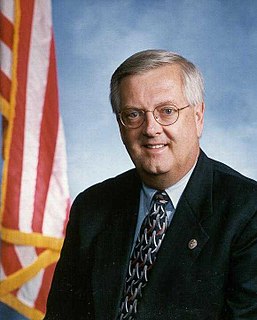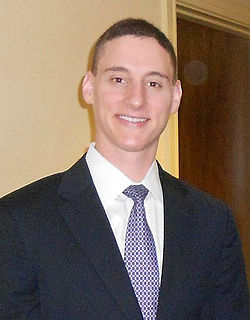A Quote by Elinor Ostrom
Bureaucrats sometimes do not have the correct information, while citizens and users of resources do.
Quote Topics
Related Quotes
NC LIVE has the potential to give citizens across North Carolina immediate access to the rich array of information resources housed by the libraries on UNC's 16 campuses. It will allow unprecedented collaboration and sharing of resources among sister UNC institutions, the community colleges, and the state's public libraries.
On the Web, usability is a necessary condition for survival. If a website is difficult to use, people leave. If the homepage fails to clearly state what a company offers and what users can do on the site, people leave. If users get lost on a website, they leave. If a website's information is hard to read or doesn't answer users' key questions, they leave. Note a pattern here?
Not many years ago, it was access to information and movement that seemed our greatest luxury; nowadays it?s often freedom from information, the chance to sit still, that feels like the ultimate prize. Stillness is not just an indulgence for those with enough resources ? it?s a necessity for anyone who wishes to gather less visible resources.
If you think of dramaturgy in North America, which is so realistic and so literal sometimes, sometimes what theaters - especially dramaturgs - ask for is more information, which sometimes can really weigh down a play. There's only so much information a play can have. If you start putting in so much information, it becomes something completely different, it doesn't sing.
While we bemoan the decline of literacy, computers discount words in favor of pictures and pictures in favor of video. While we fret about the decreasing cogency of public debate, computers dismiss linear argument and promote fast, shallow romps across the information landscape. While we worry about basic skills, we allow into the classroom software that will do a student's arithmetic or correct his spelling.
Data isn't information. ... Information, unlike data, is useful. While there's a gulf between data and information, there's a wide ocean between information and knowledge. What turns the gears in our brains isn't information, but ideas, inventions, and inspiration. Knowledge-not information-implies understanding. And beyond knowledge lies what we should be seeking: wisdom.





































